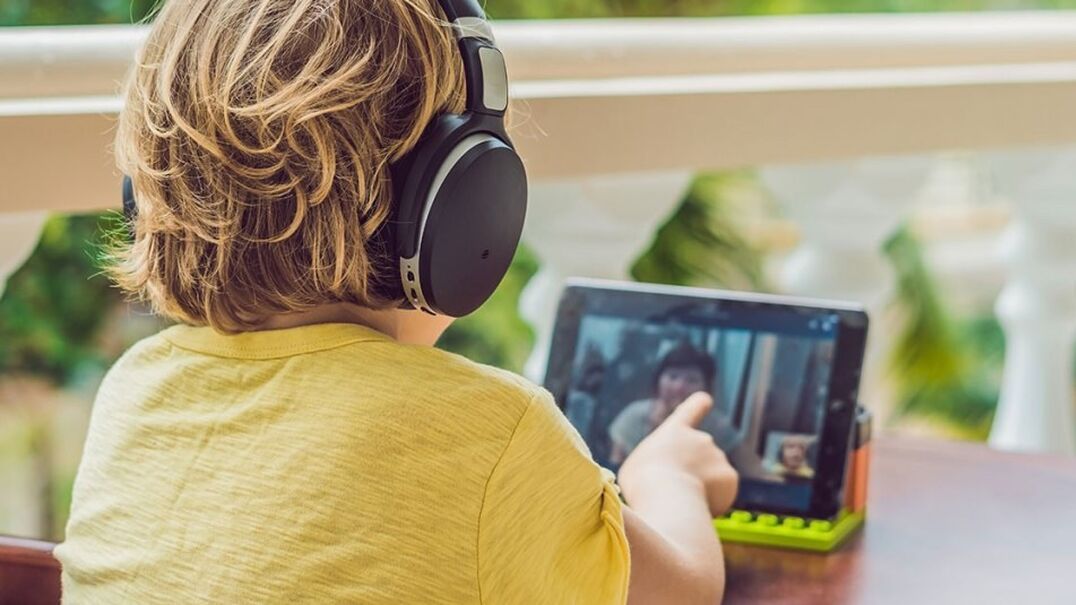This an unpredictable and uncertain time for everyone. With schools closing many parents and carers are wondering how they are going to cope for long periods at home with the children and young people in their care.
It’s the same as what they tell you on planes. You need to put on your own oxygen mask before you can help others. It’s a huge struggle to care for children if we neglect to look after ourselves. While you may think: ‘easier said than done’ – it really does make a difference.
Here are 4 steps you can follow to help you be kind to yourself.
1. Regulate
Stay calm when you are feeling emotionally out-of-sorts.
Think about what helps you to be calm and healthy. Can you build some of these things into your day? They might be quick things like sitting down for breakfast each morning, or longer things like watching a show you like after the kids are in bed. A regular household routine helps.
Some examples of things that are known to make us feel better are: getting outside and taking a walk or doing some other exercise, having a regular cuppa and snack break, watering pot plants, doing a crossword puzzle, ringing a friend, listening to music (and singing along), cooking, day dreaming, playing with a pet or sharing some silly messages and other fun things on social media.
If you build these activities into your day in a planned way, it gives you a break from monotonous tasks and provides something to look forward to. Even a few minutes of something pleasurable, a few times a day, can help build your tolerance for the challenging situation you’re in.

2. Relate
Connect with another person to feel better.
One of the most effective ways to look after ourselves is to connect with other adults. So, reach out to others however you can – by phone, social media or video calls (FaceTime, WhatsApp, Skype etc.).
Share your ideas and questions about how you can support and manage the kids in these new circumstances. Talk about how you can look after yourself and each other. If you have a worker who supports your family, don’t be afraid to let them know when you’re struggling – just talking it through can be reassuring. No-one expects you to breeze through this situation without some tough times.
3. Reason
Use logical thinking.
It’s helpful to limit the time you expose yourself to news and current events. We need to stay informed, but it is important to avoid becoming overloaded and overwhelmed by negative news.
Acknowledge your feelings and adjust your expectations, it’s OK to not have all the answers. If you are feeling particularly worried or anxious try and stop what you’re doing. Go to another room (even to the bathroom) and take some deep breaths. If possible, now is the time do something to regulate yourself.
Understand that the kids living with you will be looking to you to see how you’re coping. If you show them that you’re staying calm, they will be more likely to mirror that approach.
If your kids normally go to school, you can’t recreate school and be a perfect teacher. But you can do fun activities with your kids that will help them learn. Contact your kids’ school for guidance and reassurance if needed. ABC Education has a great website with resources for primary and secondary school children
4. Remember
Looking after yourself is not a luxury – it’s essential.
By looking after yourself you’re staying healthy and well – so you can have a better time with the kids.
Be kind to yourself and do the best you can. You might need to take it hour-by-hour, but this period of isolation is only temporary and will end. And every day is a new day.
You can do this.
You can also call beyondblue on 1300 22 4636 or Lifeline on 13 11 14 at any time.
If you’re a foster or kinship carer you can contact the agency supporting your foster/kinship care placement or the Foster Carer Support Service in your state (contact FCAV in Victoria on 03 9416 4292).
Take Two is a Victoria-wide outreach service provided by Berry Street on behalf of the Victorian Department of Health and Human Services. The service is recognised all over the world as a leading model of how best to support children and young people who have experienced complex developmental trauma.

Take Two is a Flagship site for Dr Bruce D. Perry’s Neurosequential Model of Therapeutics.
Take Two can provide specialist clinical consultancy services to other organisations. Contact us for more information.



